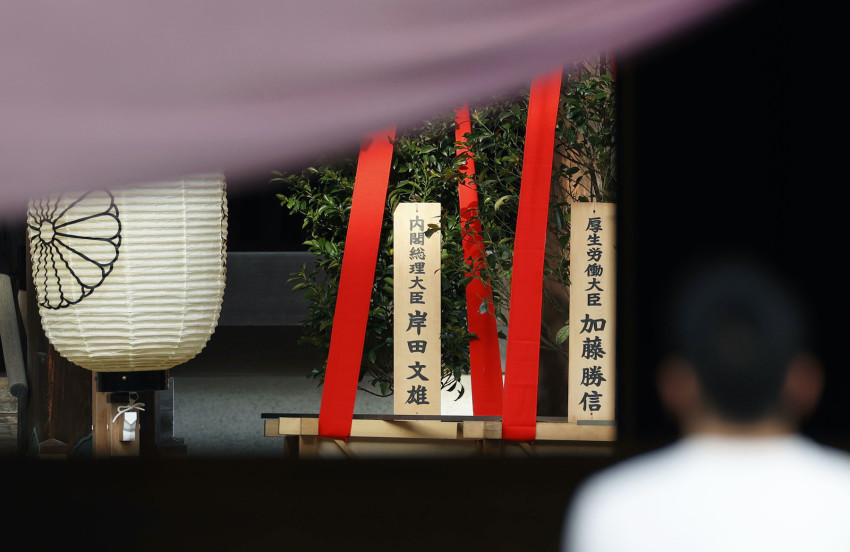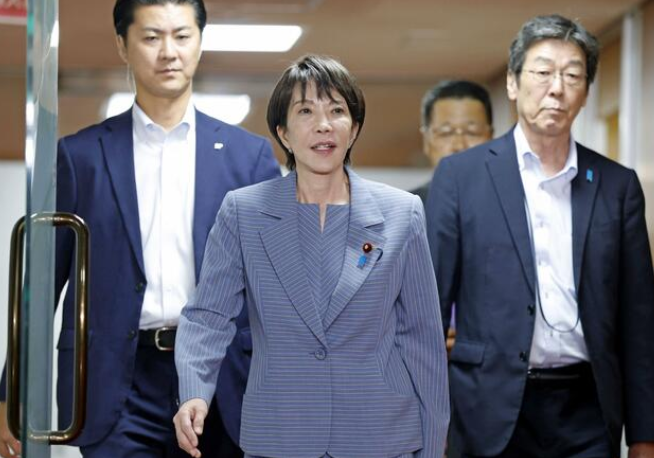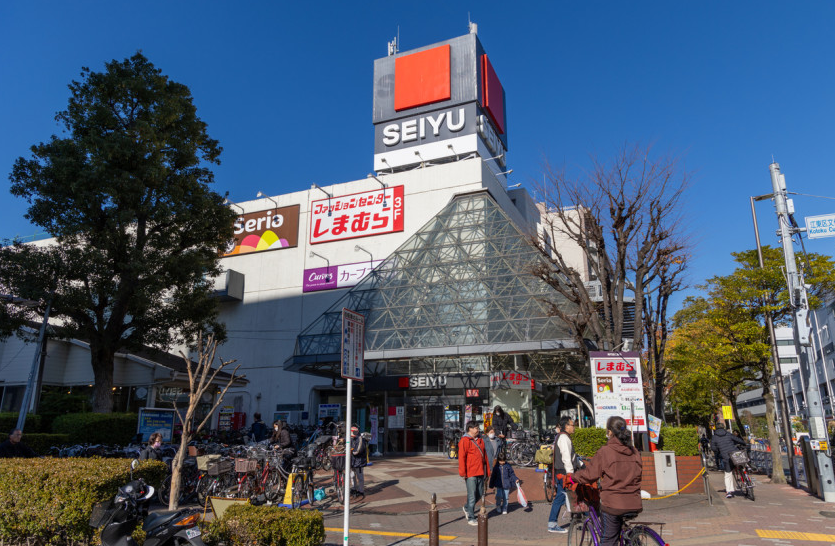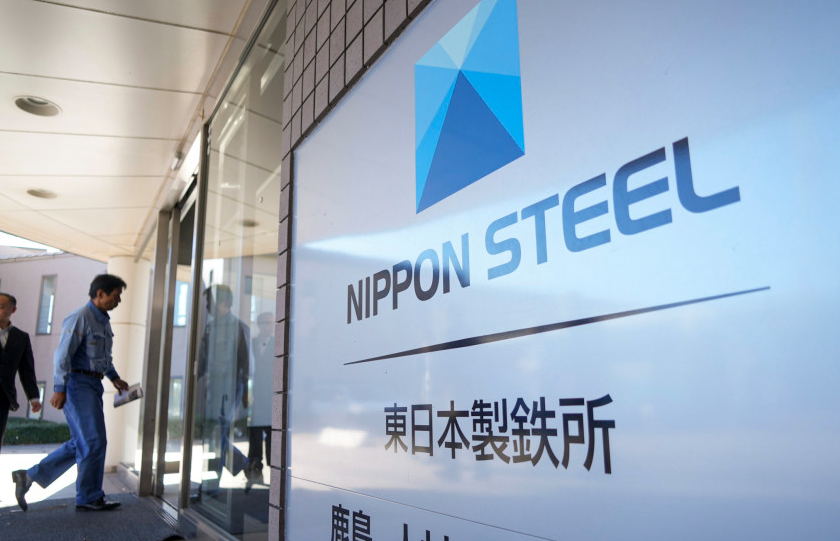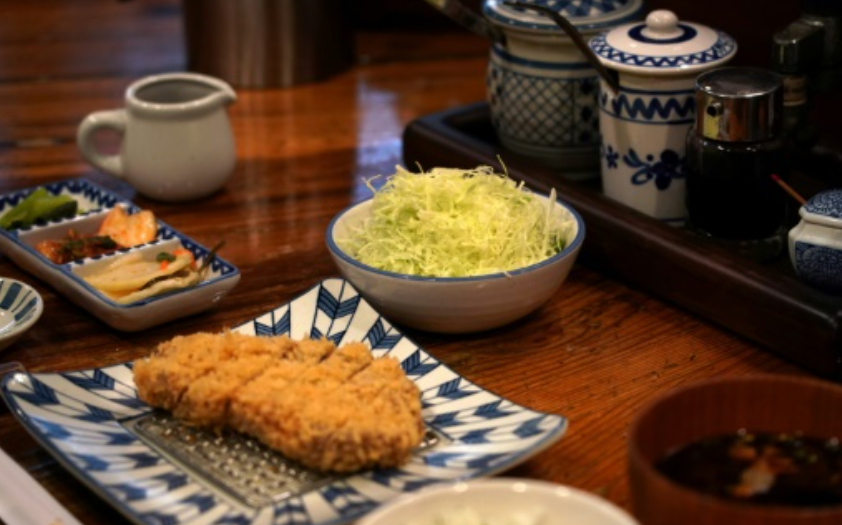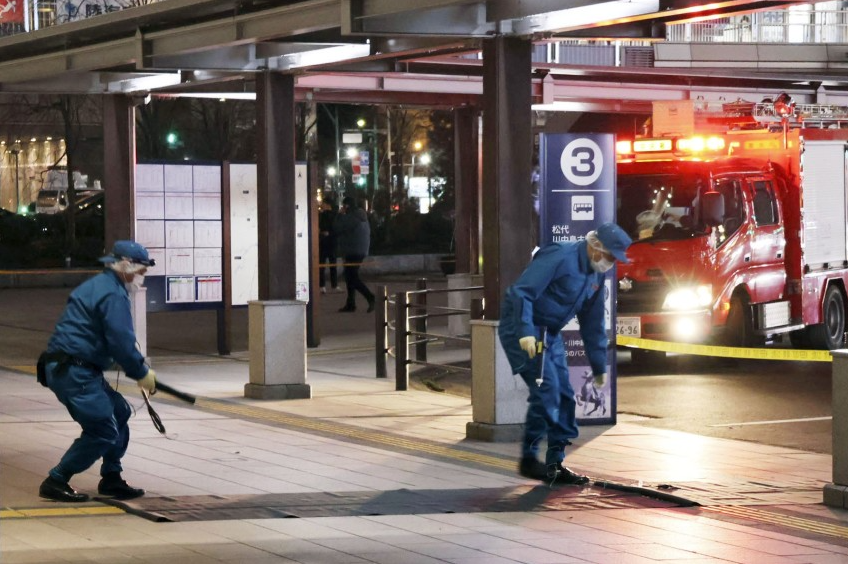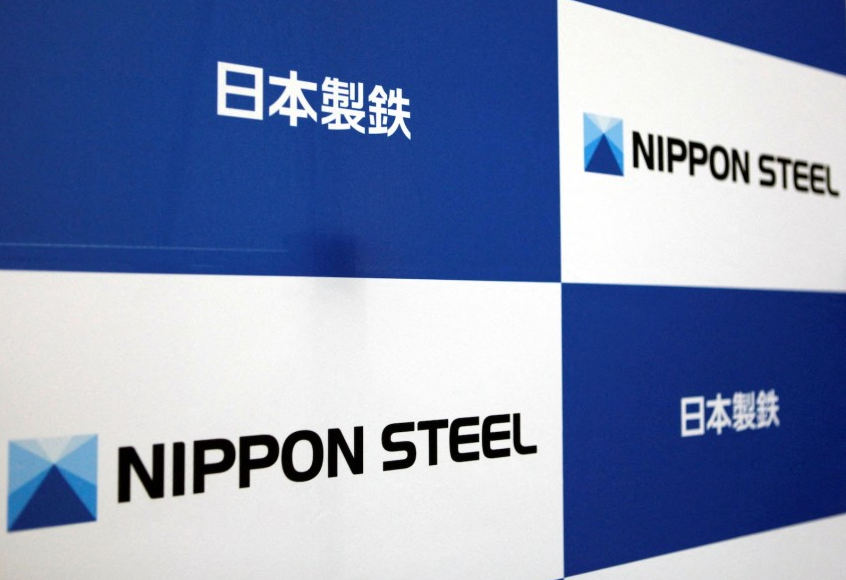发布时间:2023-04-21 人气:22 作者:友好国际
TOKYO
Prime Minister Fumio Kishida on Friday sent a ritual offering to the war-linked Yasukuni shrine in Tokyo, a source of diplomatic friction with China and South Korea, where it is regarded as a symbol of Japan's past militarism.
Kishida sent the masakaki offering on the occasion of the Shinto shrine's two-day spring festival, but the premier, who heads a dovish faction within the conservative ruling Liberal Democratic Party, is likely to eschew an in-person visit as he did previously.
Yasukuni shrine honors the souls of the country's more than 2.4 million war dead, but Japanese wartime leaders convicted as war criminals in a post-World War II international tribunal are also enshrined there.
Past visits to the shrine by previous prime ministers, including the assassinated Shinzo Abe, and other lawmakers have drawn sharp criticism from China and South Korea, where memories of Japanese militarism before and during the war run deep.
Japan invaded and occupied a wide area of China during the 20th century and the Korean peninsula was under Japanese colonial rule from 1910 to 1945.
In December 2013, Abe paid a visit to the shrine, triggering a strong backlash from Beijing and Seoul. The United States, Japan's key security ally, also said it was "disappointed" by Abe's actions and said the move "exacerbates tensions with Japan's neighbors."
In an apparent attempt to avoid confrontation, recent prime ministers have sent offerings to the shrine for biannual festivals during the spring and fall, as well as for the anniversary of the end of World War II on Aug 15.
Relations between Tokyo and Beijing have frayed further since a senior employee of Japanese pharmaceutical company Astellas Pharma Inc was detained by China in March on suspicion of engaging in espionage.
Kishida, who is scheduled to chair a Group of Seven summit next month in Hiroshima, has expressed his willingness to build "constructive" ties with China, but he has also voiced concern about Beijing's growing military assertiveness in the Asia-Pacific region.
Relations between Japan and South Korea, meanwhile, have improved, as Kishida agreed last month to work together with South Korean President Yoon Suk Yeol to resolve a dispute over wartime labor compensation.
In 1978, Yasukuni added 14 Class-A war criminals, including wartime Prime Minister Gen Hideki Tojo, who was executed by hanging for crimes against peace, among the enshrined deities, stirring controversy at home and abroad.
